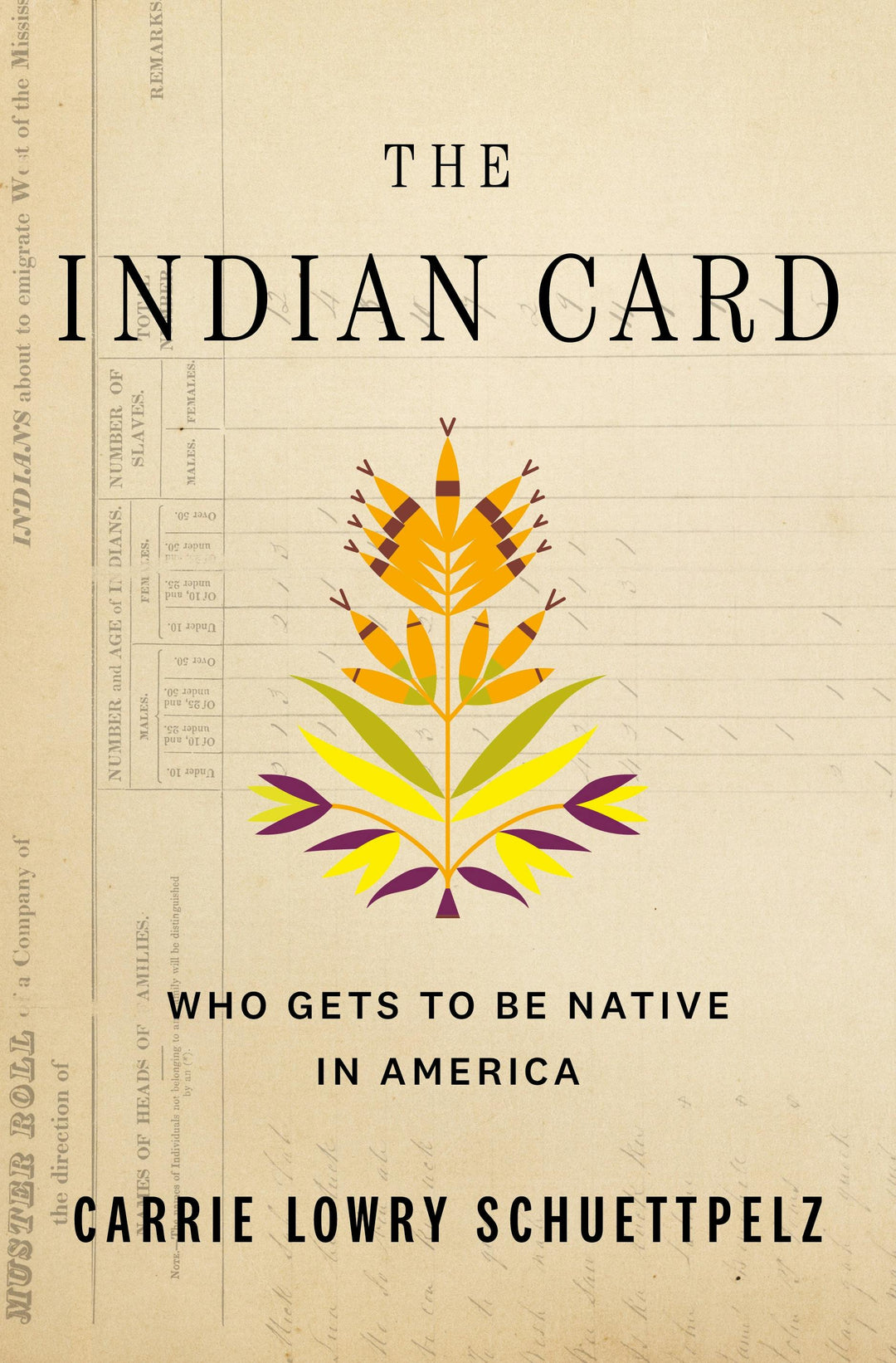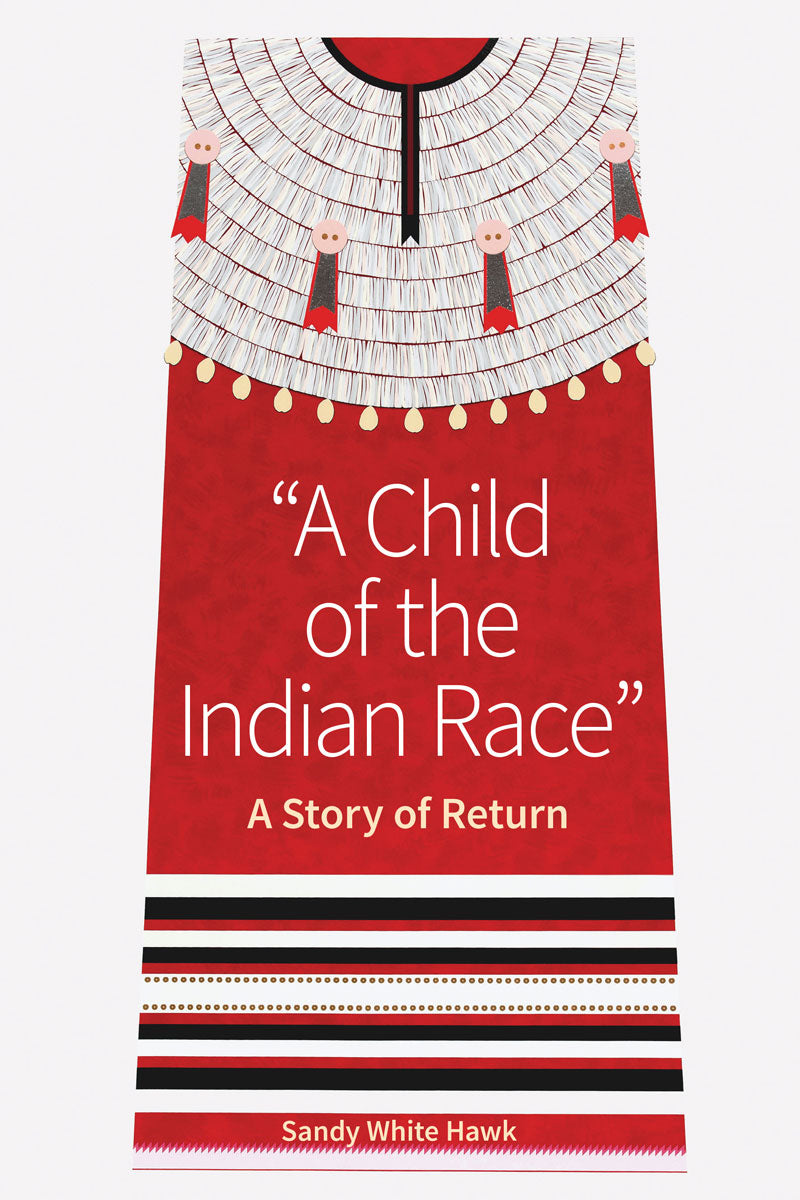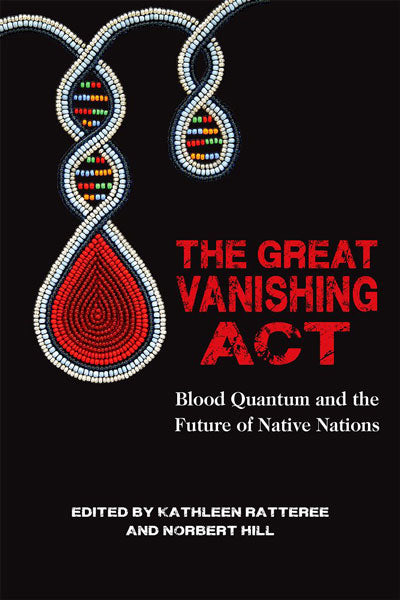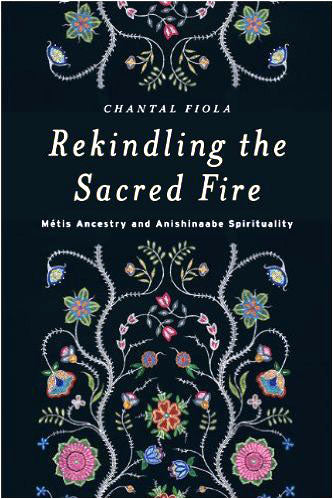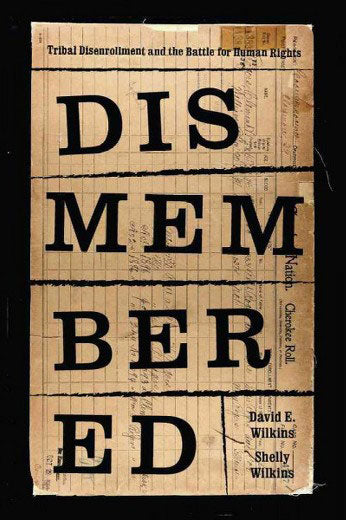
Dismembered: Native Disenrollment and the Battle for Human Rights
- Paperback
- University of Washington Press (2017)
- SKU: 9780295741581
A strange thing is happening in Indian Country: the number of federally-recognized Native nations continues to increase, while the population figures for existing tribal nations continues to decline. This depopulation of an ever increasing number of native citizens is being perpetrated not by the federal government but by Native governments which are banishing, denying, or disenrolling otherwise bonafide native citizens at an unprecedented level. Political and legal dismemberment has become a national phenomenon with nearly eighty Native nations in at least twenty states engaging in the practices of terminating the rights of indigenous citizens, in numerous cases without equal protection at law or due process of law and with no effective remedy for the deprivation of their essential rights.
This study is the first comprehensive treatment of the origins, significance, and contemporary situation involving native citizen dismemberment by tribal government action. Native nations have always possessed the inherent authority to denationalize any tribal member or to physically expel members and even non-member natives and non-natives as well. But this study argues that far too many Indigenous nations are engaging in dismemberment practices that clearly violate their own historic values and principles which at one time utilized peacemaking, mediation, restitution, and compensation to resolve the inevitable disputes that occasionally arose. The subject of tribal dismemberment raises the vital question of how Native nations are defined today, and prompts the related questions of who has the fundamental right to belong in these nations and what are the grounds upon which an individual's relationship to their nation may be politically, legally, or culturally severed by native governing elites. These questions are the heart of this book.
Tribal belonging, long viewed as an absolute given by Native citizens, since the early 1990s has become more of a political privilege than a sacred and organic kinship right as defined by tribal officialdom. Such dismemberments are happening for a variety of reasons that will be explored in the book, but the two most apparent factors associated with the practices are increased gambling revenue and criminal activity that presumably threatens community stability. After examining the early history and evolution of banishment and disenrollment, the study moves to provide a thorough empirical analysis of both Native and federal court cases that have dealt with disenrollment matters and concludes by discussing numerous ideas and proposed mechanisms to address Native expulsions.


